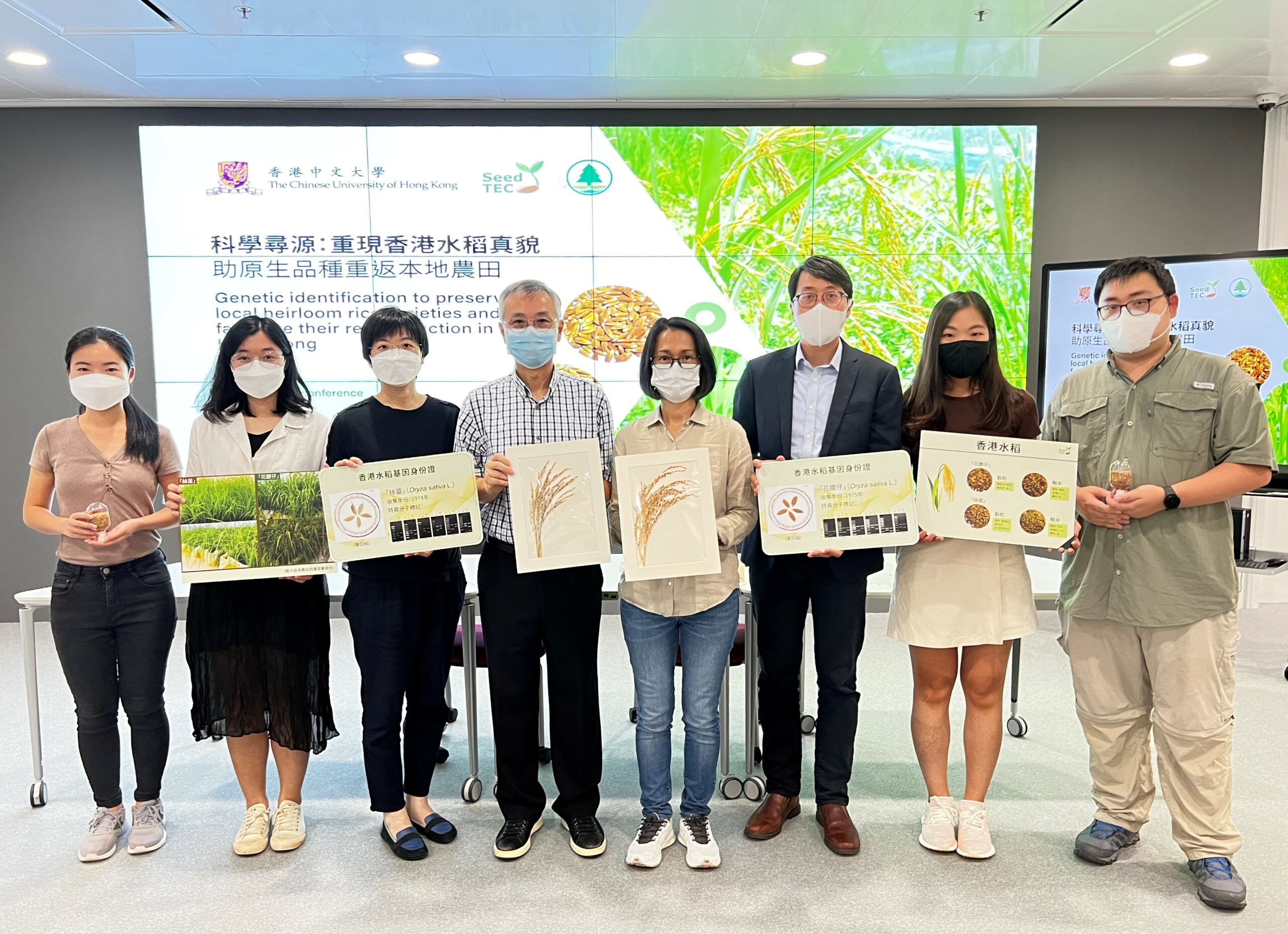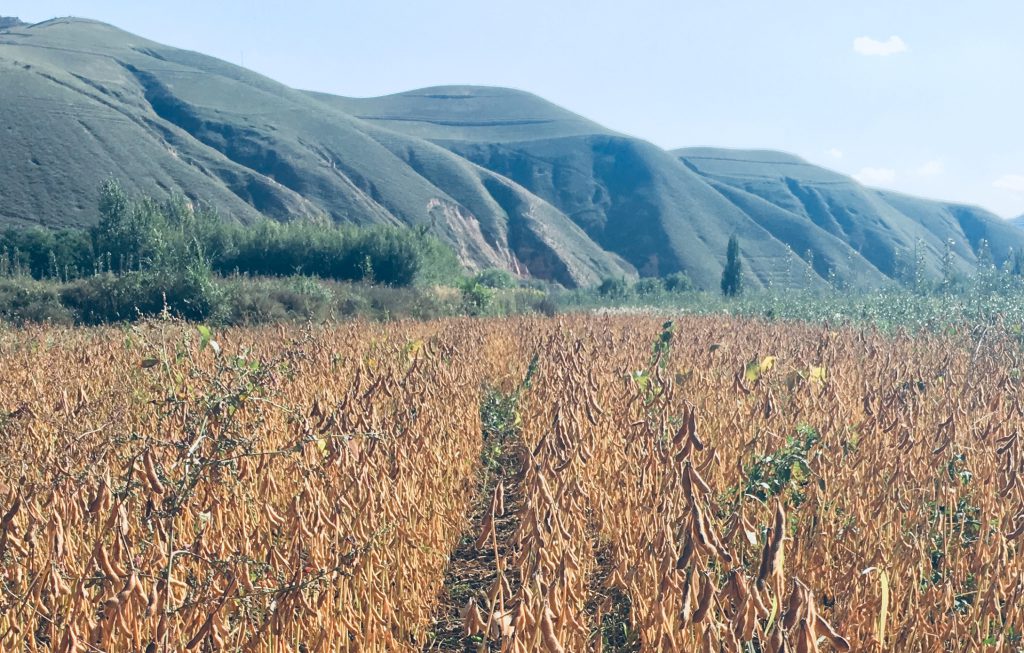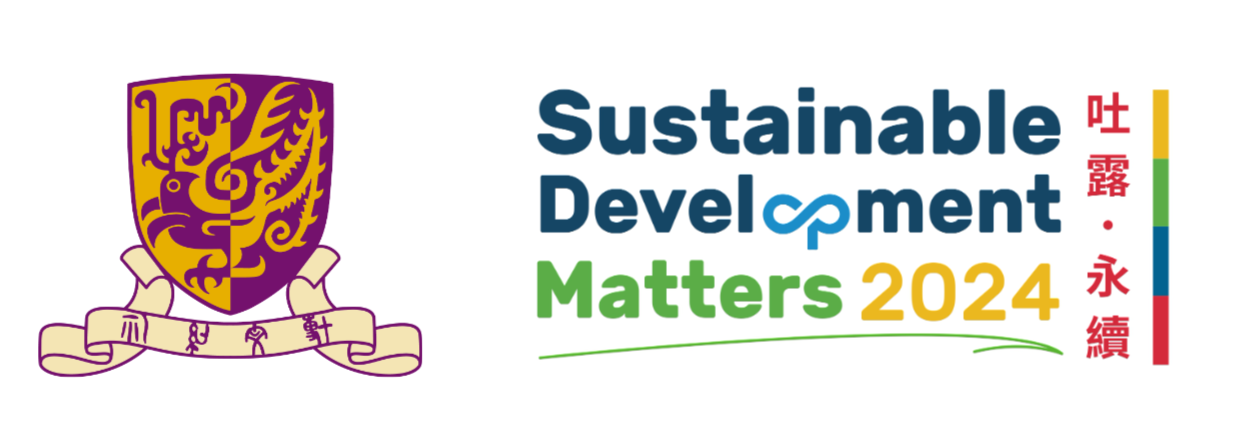SDG 2| Zero Hunger
End hunger, achieve food security and improved nutrition and promote sustainable agriculture
Curriculum
Policies
As a publicly-funded tertiary education institution, CUHK practises sustainable procurement to ensure products and services are purchased with the lowest environmental impact. The University introduced its Sustainable Procurement Policy and Sustainable Procurement Guidelines to support fair trade, ethically sourced products and vegetarian options. CUHK pledges to uphold sustainability-conscious food consumption practices to exclude unsustainably produced food or food with conservation concerns. The Sustainable Procurement Guidelines prohibit the consumption and promotion of black moss, sturgeon caviar and humphead wrasse on campus and at any activities either organized or paid for by the University, and in meals served in clubhouses, canteens or restaurants operated by the University and the Colleges. CUHK strictly adheres to the three categories of seafood consumption outlined in the WWF Seafood Guide, in order to minimize the adverse environmental and social impacts brought by food choices.
Research
Rice cultivation flourished around the walled villages of Hong Kong’s New Territories over a thousand years ago, during the Song Dynasty. More recently, famous rice varieties were given as tribute to the Qing Dynasty emperors and exported to Southeast Asia and the United States. To restore local rice cultivation, the Hong Kong Seed Technology and Education Center (SeedTEC) has joined forces with the Agriculture, Fisheries and Conservation Department (AFCD) on a project to reintroduce local heirloom rice varieties to local farmers.

Food insecurity is one of the most pressing challenges confronting the world today: roughly one in ten individuals throughout the world suffer from food shortages. Utilizing cutting-edge genome sequencing and molecular biology technology, Professor Hon-Ming Lam, Director of the State Key Laboratory of Agrobiotechnology, and his research team have made significant advancements. They successfully discovered and cloned a novel salt tolerance gene from wild soybeans. Leveraging molecular markers, they further applied this gene in the breeding process of salt-tolerant soybeans. The practical implementation of these stress-tolerant soybean cultivars will enhance the productivity of smallholder farms and contribute to the reclamation of arid and semi-arid soils worldwide.

PREVIOUS
No Poverty
SDG 1
NEXT
Good Health and Well-being
SDG 3
